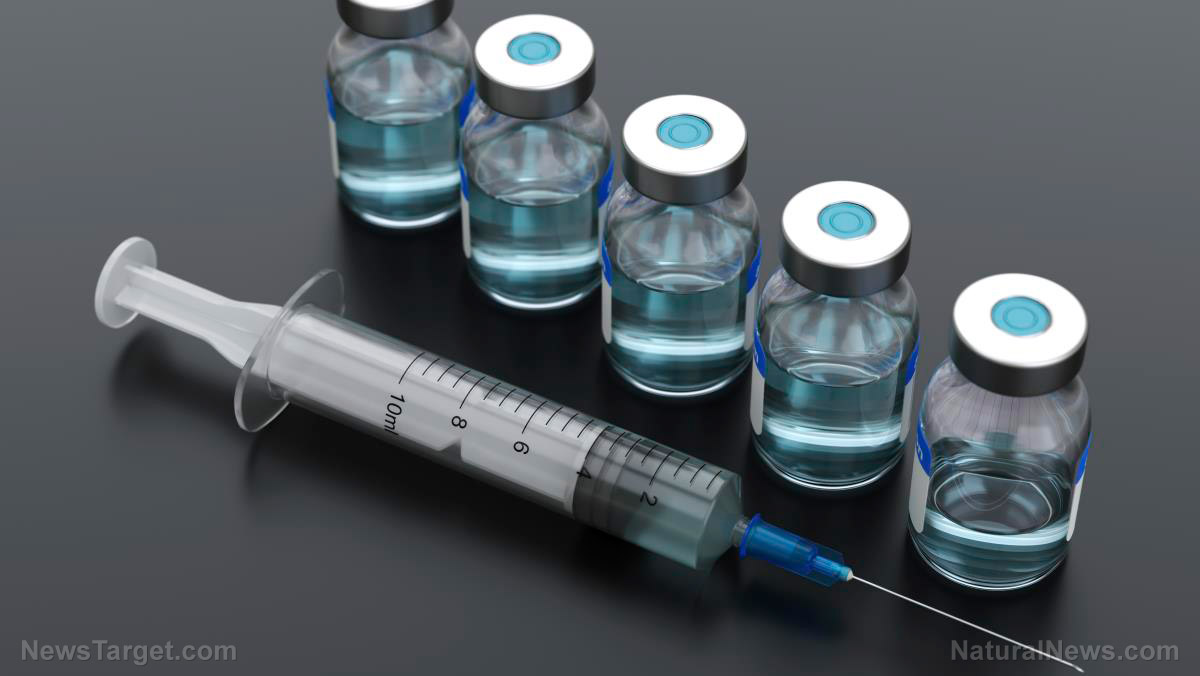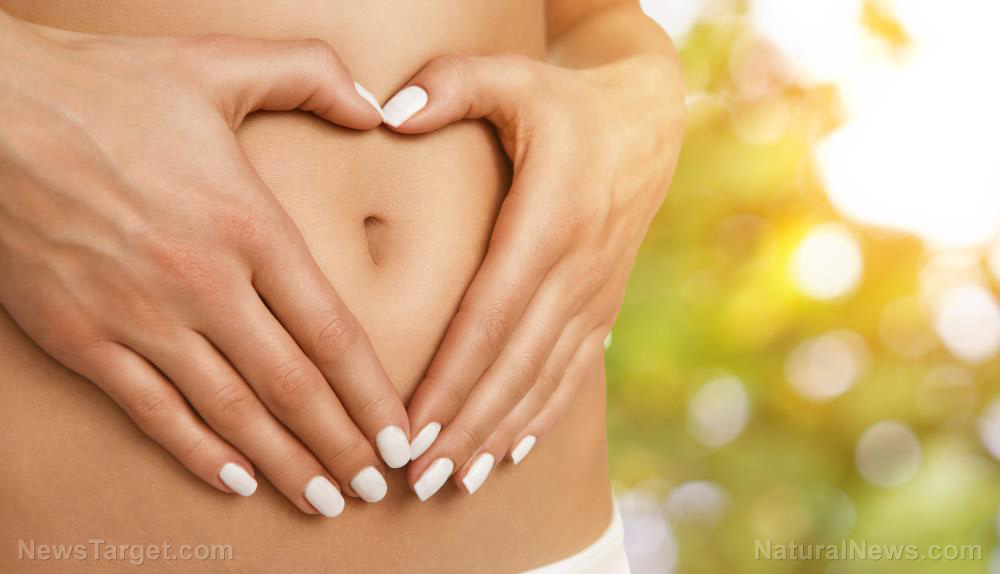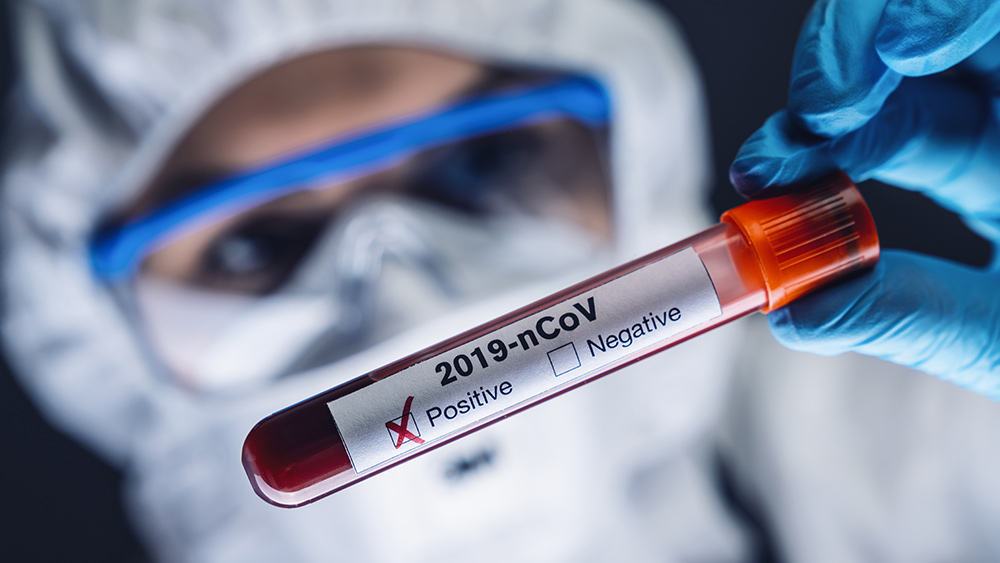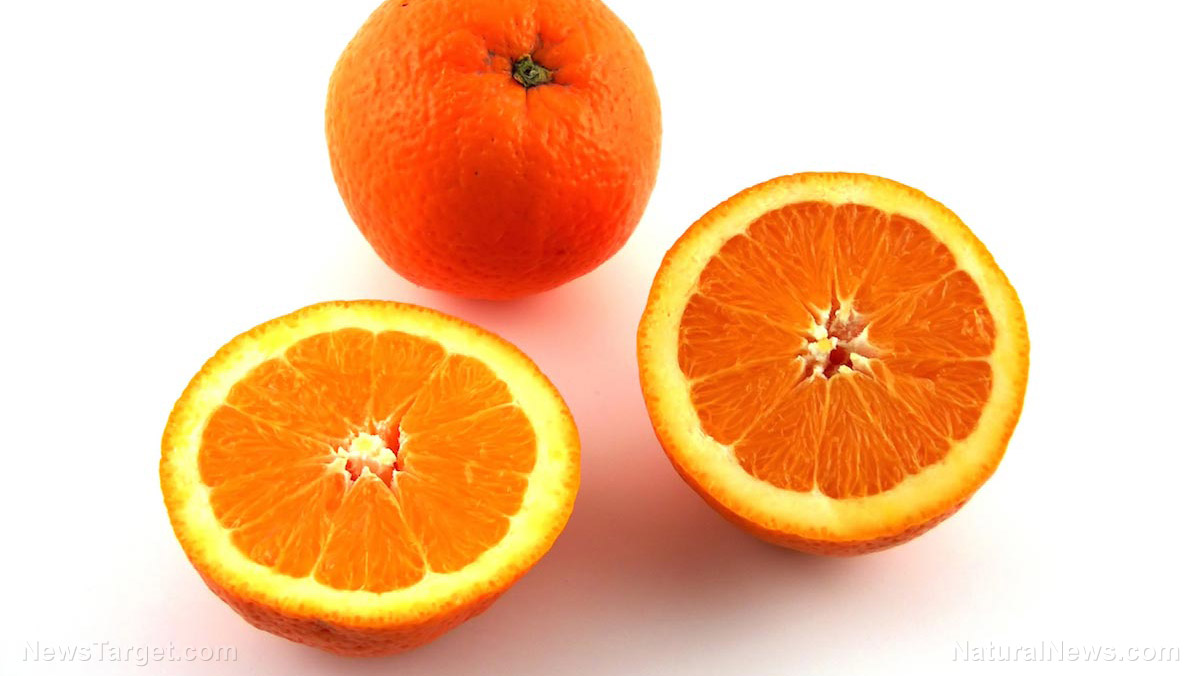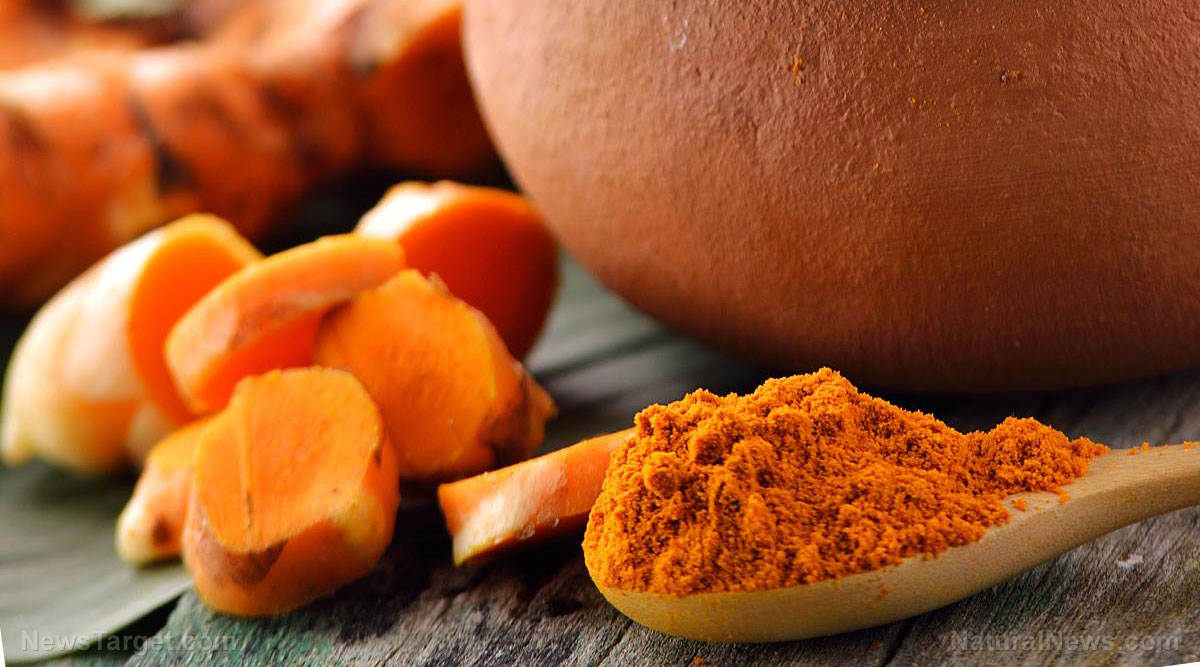Mass deployment of Russia’s coronavirus vaccine to begin in the next few weeks
08/14/2020 / By Franz Walker

After making waves as the first country to grant regulatory approval for a vaccine against the Wuhan coronavirus (COVID-19), Russia is now seeking to perform mass production and immunization of key workers in the next few weeks.
Russia is the first country to approve a COVID-19 vaccine for civilian use. The approval comes after just two months of human trials and highlights Moscow’s desire to rush the vaccine through testing in an effort to beat western pharmaceutical companies.
“This morning, for the first time in the world, a vaccine against the coronavirus infection has been registered,” said President Vladimir Putin at a meeting with other government officials on Tuesday.
“I know that it works quite effectively, it forms a stable immunity. I repeat: it has passed all the necessary tests,” he added, saying that his own daughter had already been given the vaccine.
Russian officials have confirmed that vaccinations of medical workers could begin at the end of this month.
Russia to deploy vaccine soon
Set to be marketed under the name “Sputnik V,” Russia’s vaccine was developed by the state-run Gamaleya Research Institute of Epidemiology and Microbiology in Moscow and financed by the Russian Direct Investment Fund.
The Russian coronavirus vaccine consists of two shots that use different adenoviruses as vectors. These viruses are known for causing cold-like symptoms, sore throat and pneumonia, to name a few. Russian scientists have engineered these adenoviruses to carry the gene for the spike protein that the SARS-CoV- 2 virus – the pathogen behind COVID-19 – uses to infect human cells.
Prior to this, Gamaleya had used the same adenovirus method to develop vaccines against Ebola and Middle East Respiratory Syndrome (MERS), the latter being a disease caused by a coronavirus similar to SARS-CoV-2.
Russian minister of health Mikhail Murashko claimed in a government press release that their COVID-19 vaccine has shown “high efficacy and safety” without causing any serious side effects. In the same release, it was also suggested that the vaccine would confer two years of immunity from the coronavirus.
Meanwhile, Deputy Prime Minister Tatyana Golikova has said that vaccinations for medical workers are expected to begin either at the end of August or at the start of September. Trials for the vaccine will continue even as it is distributed to the public, according to the government.
Scientists cast doubts on Russia’s claims
Despite Russia’s claims, western experts are questioning the country’s ability to develop and approve a safe and effective COVID-19 vaccine even more quickly than Europe, China and the U.S., whose vaccine trials are proceeding at full speed. (Related: Trump administration pays Sanofi and GSK $2.1 billion for coronavirus vaccine.)
In addition, they’ve also criticized Russian vaccine developers and regulators for failing to make scientific and technical information about their vaccine available for independent assessment.
“Everyone else in the world is publishing details of their vaccines and clinical trial protocols but it has been very hard to find out much about the Russian vaccine,” said Danny Altmann, a professor of immunology at Imperial College London. “We need a completely open, global assessment of different vaccine candidates.”
Even some within Russia have questioned the move.
“It’s ridiculous,” said Svetlana Zavidova, a lawyer who heads the Association of Clinical Research Organizations in Russia. “I feel only shame for our country.”
Zavidova, who has worked on clinical trials for the past 20 years, said that she had anticipated the approval. On Monday, August 11, she sent an appeal to the Russian Ministry of Health asking them to postpone registering the vaccine until proper efficacy trials are completed.
“Accelerated registration will no longer make Russia a leader in this race, it will only expose end users of the vaccine, citizens of the country of the Russian Federation, to unnecessary danger,” she wrote in her appeal.
But this appeal fell on deaf ears. According to Alexey Chumakov, a researcher at Moscow’s Chumakov Institute, the Russian Health Ministry does not consult the Russian scientific community the way the U.S. Food and Drug Administration does.
“It’s not a structure that has any feedbacks or internal coherence,” Chumakov explained. “They might have a good result and it may show that it works – that’s among the best outcomes – but I’m thinking there’s probably like a 20 percent chance [the vaccine] will make things worse.”
Follow Pandemic.news for more updates on the global race to develop a vaccine for COVID-19.
Sources include:
Tagged Under: coronavirus, coronavirus infections, coronavirus vaccine, covid-19, epidemic, Flu, immunity, immunization, outbreak, pandemic, Public Health, research, Russia, SARS-CoV-2, superbugs, vaccination, vaccine approval, vaccine safety, vaccine wars, vaccines, virus

